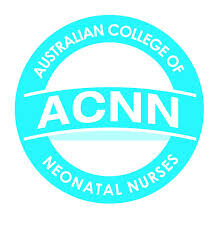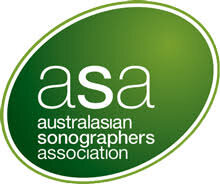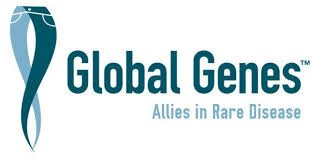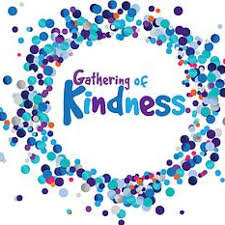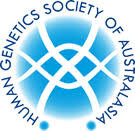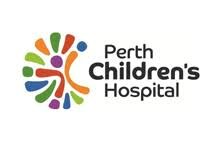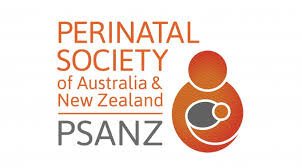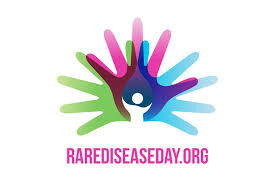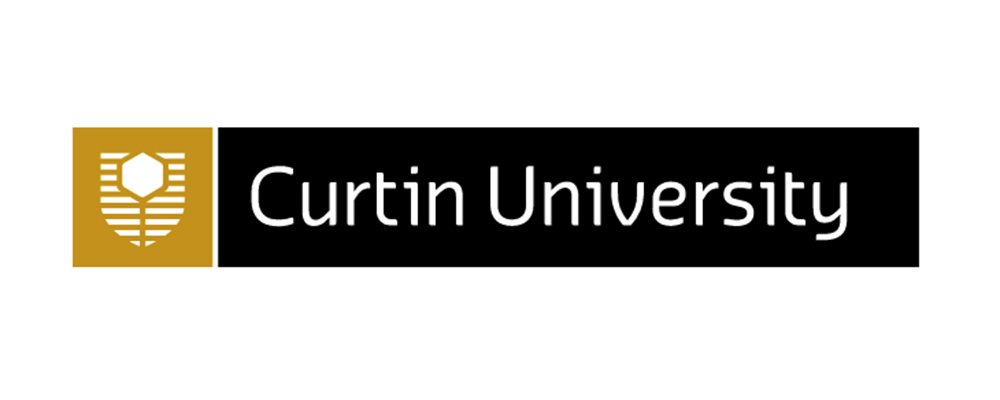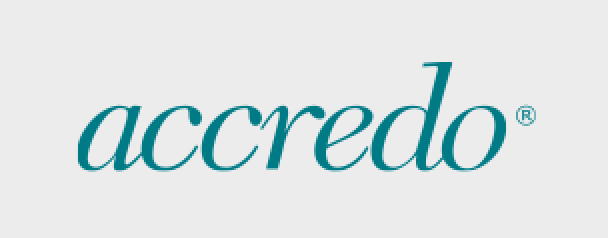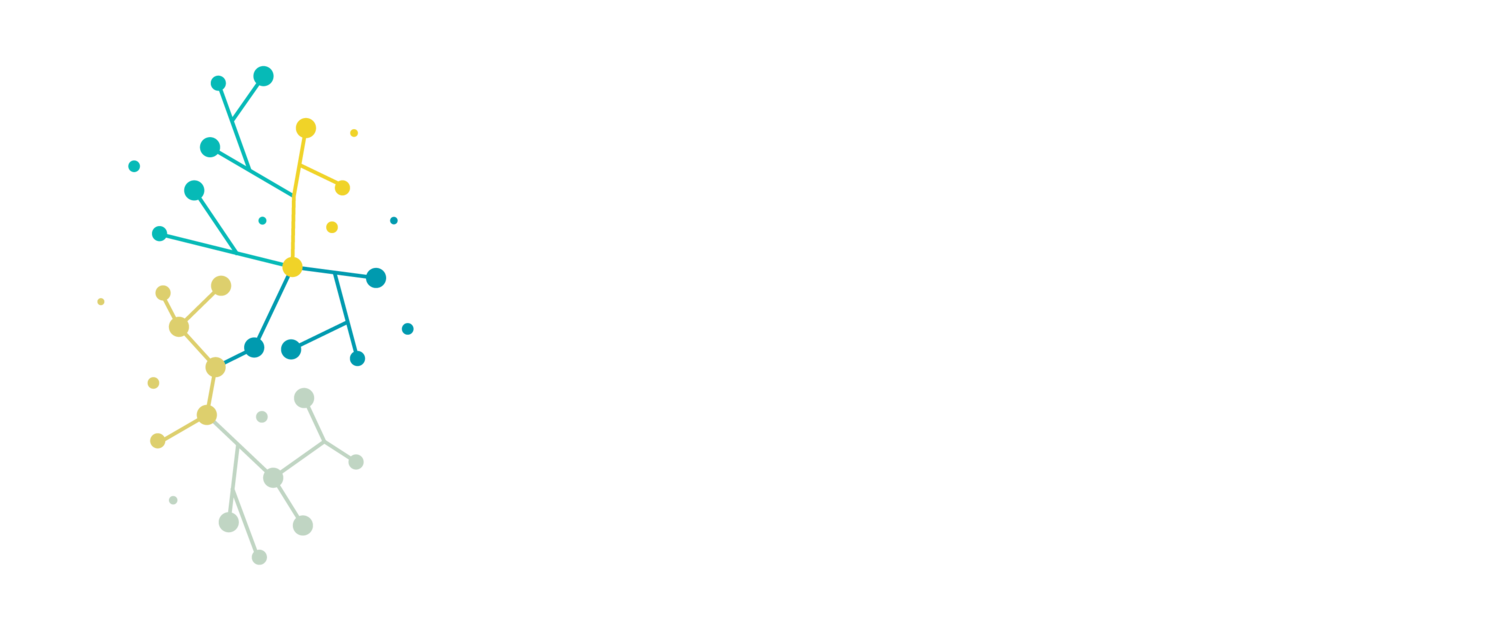
Deeply moving, inspiring, hopeful and practical, Rachel delivers keynotes all over the world to help people communicate, connect and work together effectively.
Combining her perspective as an artist and as an award-winning photographer, together with hundreds of hours of experience with both healthcare professionals, patients and caregivers the world over, Rachel provides keynote presentations that impart deeply actionable strategies for effective communication and transformation.
“A great leveller of people, Rachel touches the hearts of all that hear her speak and leaves a lasting impression. She tangibly brings the audience back to that thing which bridges diverse backgrounds, beliefs and drivers: love. ”
Rachel provides the following keynotes:
First Do No Harm- The impact and implications of language in healthcare
This practical and moving keynote focuses on the impact and implications of language. Rachel shares her story as the mother of Evie, a daughter with complex medical needs, and her years as a patient (and Rachel’s as a parent) in the healthcare system. Rachel unpacks the Health Language Matrix, showing how different communication styles affect patients, parents and healthcare professionals in their efforts to collaborate.
This keynote is perfect for Healthcare professionals, Paediatricians, Paediatric staff, Doctors, Nurses, Allied Health Staff, Hospital Executive Staff, Patient Experience Executive Staff,,General Practitioners, Disability Services, Midwives, Sonographers, Medical Students, Genetics Services including Clinical Geneticists, Genetics Counsellors, Patient Advocacy Services, Rare Disease Services, Parents/carers of children with rare conditions/disability, Patient Advocacy Services, Rare Disease Services,Special Education.
"Health professionals with better communication and interpersonal skills are able to detect problems earlier, can prevent medical crises and expensive intervention, and provide better support to their patients. This leads to higher-quality outcomes and better satisfaction, lower costs of care, greater patient understanding of health issues, and better adherence to the treatment process.”
- Ochsner J. 2010 Doctor-Patient Communication: A Review www.ncbi.nlm.nih.gov/pmc/articles/PMC3096184/
“Patients and caregivers are more trusting of, and committed to, health professionals who adopt an empowering communication style with them.”
- Robyn Ouschan, Jillian Sweeney, Lester Johnson, (2006) “Customer empowerment and relationship outcomes in health- care consultations”, European Journal of Marketing, Vol. 40 Issue: 9/10, pp.1068-1086.
Follow the Sparks- Lessons of Creativity
This uplifting, inspiring and energy filled message, busts some of the many myths about creativity . That some of us do not have a “single creative bone in our body” that it is a “waste of time”, “creativity is only for artists” and that people should “ leave it to the experts”.
As humans-we are creativity. If we have the ability to ask questions of ourselves, of our environment, of others, of our systems… if we can ask ourselves questions and have an attitude of curiosity- that is creativity.
This spirit of curiosity is vital in all areas of our life, from our relationships, to our work, to our wellbeing, to every part of our world. Creativity is the energy that drives innovation, change and invigoration.
This keynote is powerful for businesses and teams needing an energy and inspiration boost, art students, artists, healthcare professionals, educators and leaders.
See Rachel in action



What the audience has said…
“In the 25 years that I have been organising and involved with the ASA, yours was the best opening address I have ever seen. And we’ve had politicians and celebrities and all sorts of people. We look at medicine in a very narrow way, we label and categorise everything and everyone. It is so good to be reminded that there is another way of looking at things. Thank you!”
— Andrew Martin, former President of the Australasian Sonographers Association
“Rachel’s message about what patients and parents hear, and the need to focus on abilities rather than what’s “wrong”, should be required for every doctor in training and practice. This was one of the best, most useful and powerful talks I’ve ever attended.”
— Christina Ohnsman, MD Senior Clinical Development Lead at REGENXBIO Inc.
“Thank you for visiting us this week – sharing your story and your call to action. It is rare that a Grand Rounds changes my practice … but in our Complex Primary Care Clinic on Tuesday, I began adding an “Awesomeness Report” to each patient chart. My 25+ years of practice and health-literacy research pales in comparison to our individual experiences as patients, caregivers and family members. You bring such a unique artistry and humanity to allowing us all to see each other, particularly during “moments that matter.”
— Lee M. Sanders, MD, MPHChief, Division of General Pediatrics, Stanford University
“I feel privileged to have heard you talk today. Thank you for sharing. I am going to strive to be that understanding Paediatrician that communicates in an empathetic, empowering way to parents.”
— Paediatrician, DFTB17 conference
“Your presentation was truly inspiring – thank you so much for sharing your experiences with us. We have so much to learn as clinicians from our families, and breaking down some of the barriers of medical language, through things like the ‘Awesomeness Report’, go a long way towards improving the experiences of the families we hope to help.”
— Physiotherapist, Hummingbird House
“Rachel’s talk should be compulsory for all medical students!”
— Dr Simon Rowley, Neonatologist Auckland District Health Board
“I wanted to tell you how profoundly moved I was by your opening address. The talk around reframing disability and the problematic usage of medical language lays the foundation for much of my advocacy work. I was lucky enough to receive a copy of the Super Power Baby Project and this is a book that I refer to constantly. Even for somebody who was already “part of the choir” and believed firmly in the power of language, your presentation offered new insights and challenges.”
— Researcher, Cerebral Palsy Society of New Zealand
Rachel has worked with

